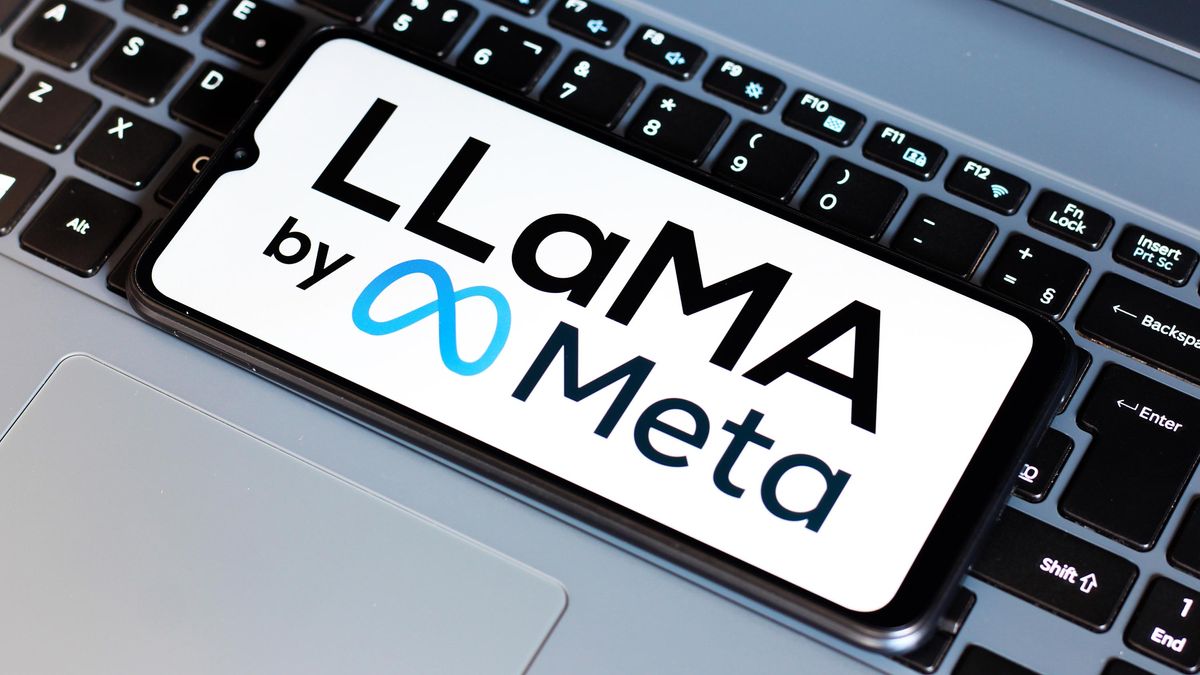
Meta allegedly used 'crude tactics' to close in on OpenAI’s 2-year lead building AI uncontested — Sam Altman admitted creating ChatGPT without copyrighted data is impossible
The AI Arms Race Highlights Growing Need for IP Protection in Tech
In an era where artificial intelligence development is accelerating at breakneck speed, recent revelations about Meta's alleged copyright infringement practices have sparked crucial conversations about intellectual property rights in the digital age. This situation perfectly illustrates why robust IP protection has become more critical than ever for businesses navigating the complex intersection of innovation and rights management.
Meta's reported attempts to catch up with OpenAI's two-year lead in AI development have brought to light some concerning practices in the tech industry. According to internal communications revealed during a copyright lawsuit, Meta allegedly used copyrighted content from Library Genesis (LibGen) to train its AI models, while attempting to obscure this usage through various technical measures. The company reportedly removed copyright headers and document identifiers, raising serious questions about intellectual property rights in the AI development landscape.
What makes this situation particularly noteworthy is OpenAI CEO Sam Altman's candid admission that creating advanced AI models without using copyrighted content is essentially impossible. This acknowledgment highlights a fundamental tension in the tech industry: the need to advance AI technology while respecting intellectual property rights. Altman's position that copyright law doesn't categorically prohibit training AI models using copyrighted content adds another layer of complexity to an already nuanced debate.
The implications of these developments extend far beyond just Meta and OpenAI. For businesses of all sizes, this situation underscores the critical importance of properly documenting and protecting intellectual property in an increasingly digital world. As technology continues to blur the lines between innovation and infringement, having verifiable proof of ownership becomes paramount.
This is where blockchain technology offers a compelling solution. By creating an immutable record of intellectual property on a decentralized ledger, businesses can establish clear, tamper-proof evidence of their rights. This becomes particularly valuable when dealing with digital assets, software innovations, and creative works that might otherwise be vulnerable to unauthorized use or modification.
For companies developing their own AI models or other technological innovations, the lesson is clear: establishing clear proof of ownership and development timelines isn't just good practice – it's essential for protecting valuable intellectual property assets. This includes not only the final products but also the development process, training data, and methodological innovations that contribute to their creation.
Looking ahead, the industry faces a crucial inflection point. As AI development continues to accelerate, the need for clear, verifiable IP protection mechanisms becomes increasingly urgent. Businesses must take proactive steps to secure their intellectual property rights while ensuring they respect the rights of others. This includes implementing robust documentation practices and utilizing modern technologies that can provide indisputable proof of ownership.
The Meta situation serves as a wake-up call for businesses to reassess their IP protection strategies. In today's fast-paced digital environment, relying solely on traditional IP protection methods may no longer be sufficient. Forward-thinking companies are increasingly turning to blockchain-based solutions that offer immutable proof of existence and ownership for their intellectual property.
For organizations looking to strengthen their IP protection strategy, the first step is understanding the available tools and technologies. To learn more about how blockchain technology can help secure your intellectual property rights in the digital age, visit https://certvera.com/learn-more.